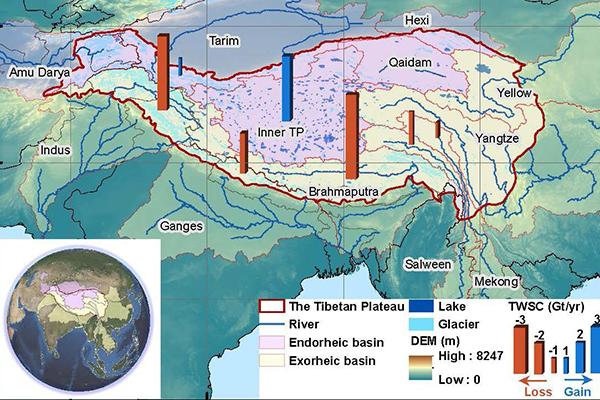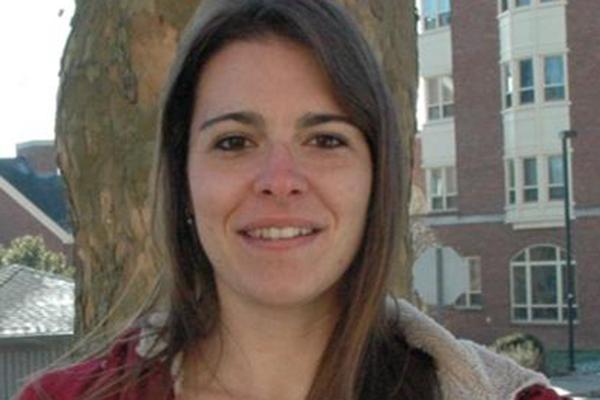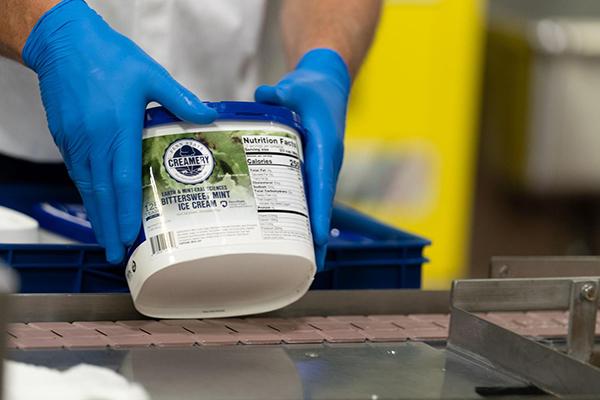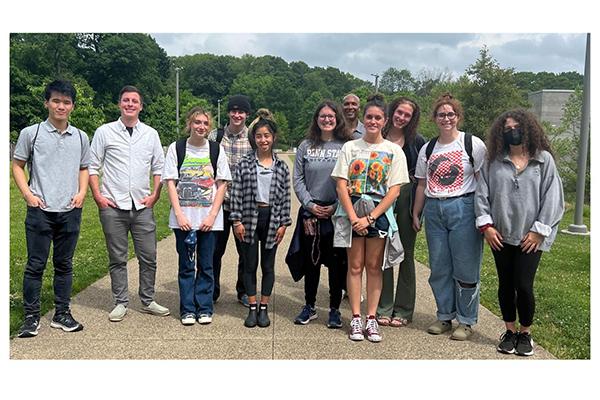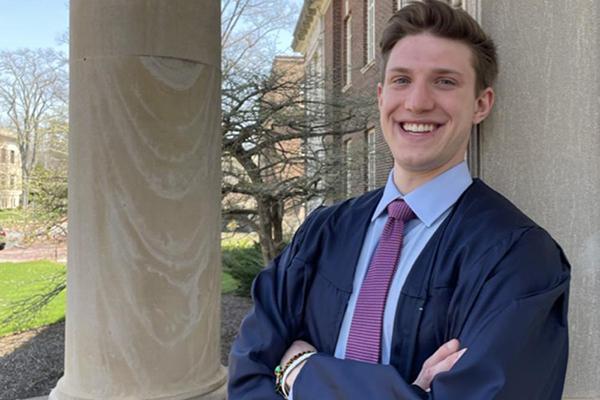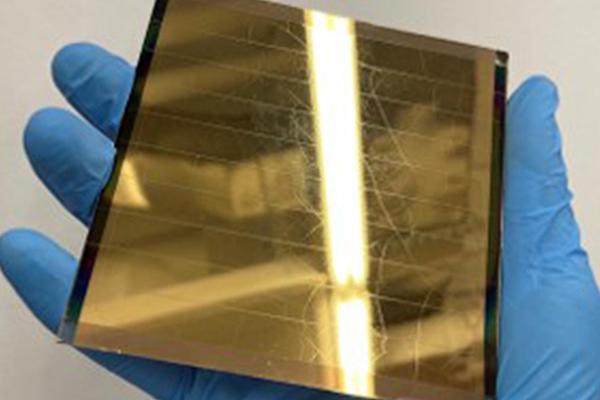Alumnus Jay Johnson’s latest folk-rock-indie album, “Four Quartets,” touches on travel, philosophy, love and the natural world — essential components of the Paterno Fellow and Schreyer Scholar’s undergraduate education at Penn State.
New research led by scientists at Penn State, Tsinghua University and the University of Texas at Austin projects that climate change, under a scenario of weak climate policy, will cause irreversible declines in freshwater storage in the Tibetan Plateau, constituting a serious threat to the water supply for central Asia, Afghanistan, Northern India, Kashmir and Pakistan by the middle of the century.
Sara Andreoli, a postdoctoral researcher who recently completed her appointment with the Earth and Mineral Sciences Energy Institute at Penn State, received the esteemed 2022 EMS Postdoctoral Excellence in Research Award.
There is nothing better than celebrating a milestone with ice cream. And who better to champion the celebration than the Penn State Berkey Creamery?
The John A. Dutton e-Education Institute has launched the Teaching and Learning Showcase, a web-based resource designed to help faculty members create inspiring educational materials and experiences.
Penn State students Jackie Zheng and Sarah Fetter spent the summer in Pittsburgh, not to vacation, but to gain knowledge about a future in sustainability through the City Semester program facilitated by the Penn State Center Pittsburgh.
Shuyu Chang, a doctoral candidate in Penn State’s Department of Geography, received a Future Investigators in NASA Earth and Space Science and Technology (FINESST) award to study harmful algal blooms in the Chesapeake Bay watershed.
The expansion of wind, solar, hydropower, biofuels and other low-carbon technologies has not accelerated at the pace needed to respond to the climate crisis and often there is a lack of equity and opportunities for communities on the front lines of the climate crisis.
Nickolas Sotiropoulos Jr. was selected to represent the College of Earth and Mineral Sciences as the student marshal for Penn State's summer commencement Aug. 13 in the Bryce Jordan Center on the University Park campus.
As demand for solar energy rises around the world, scientists are working to improve the performance of solar devices — important if the technology is to compete with traditional fuels. But researchers face theoretical limits on how efficient they can make solar cells.



